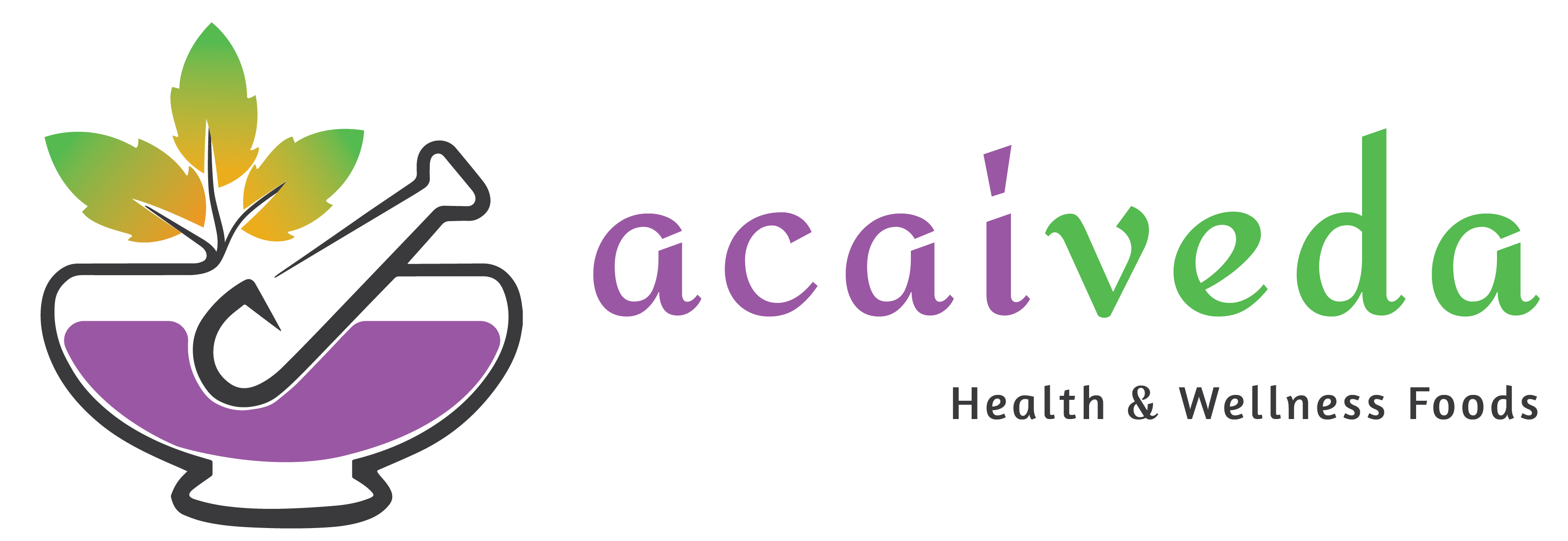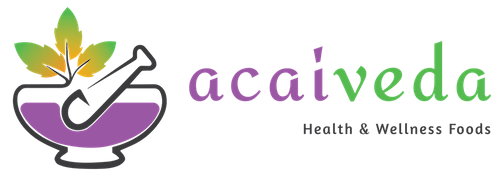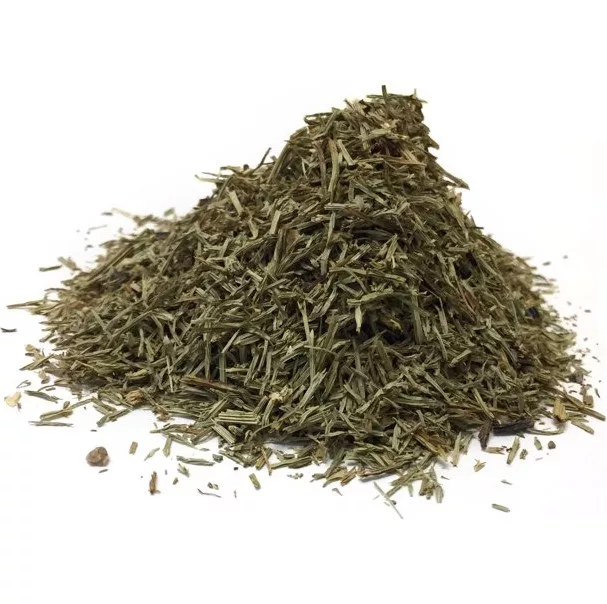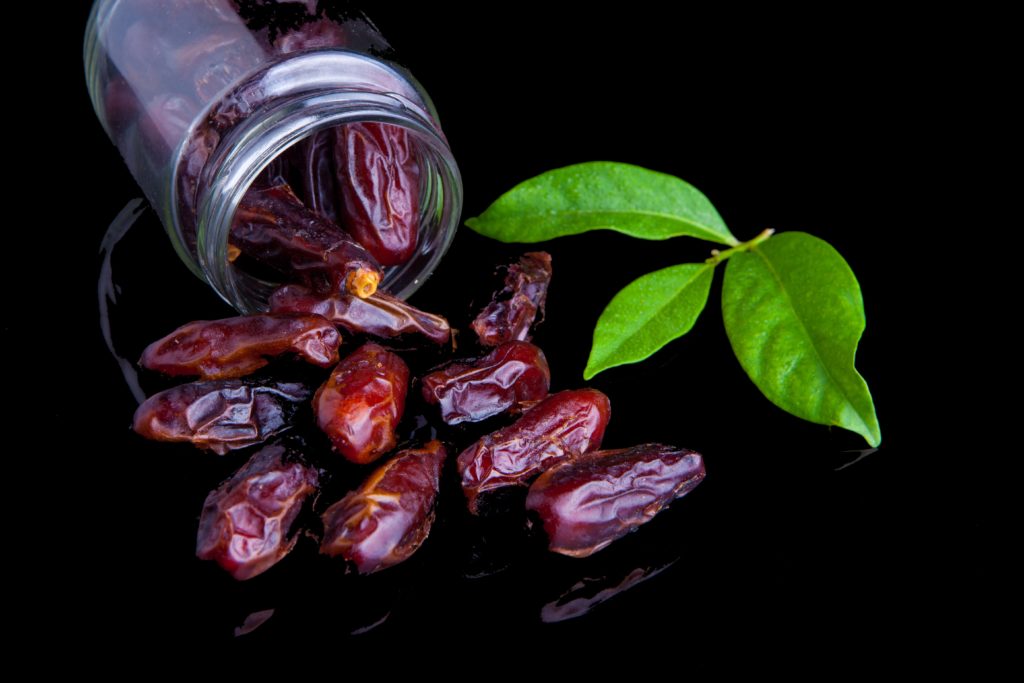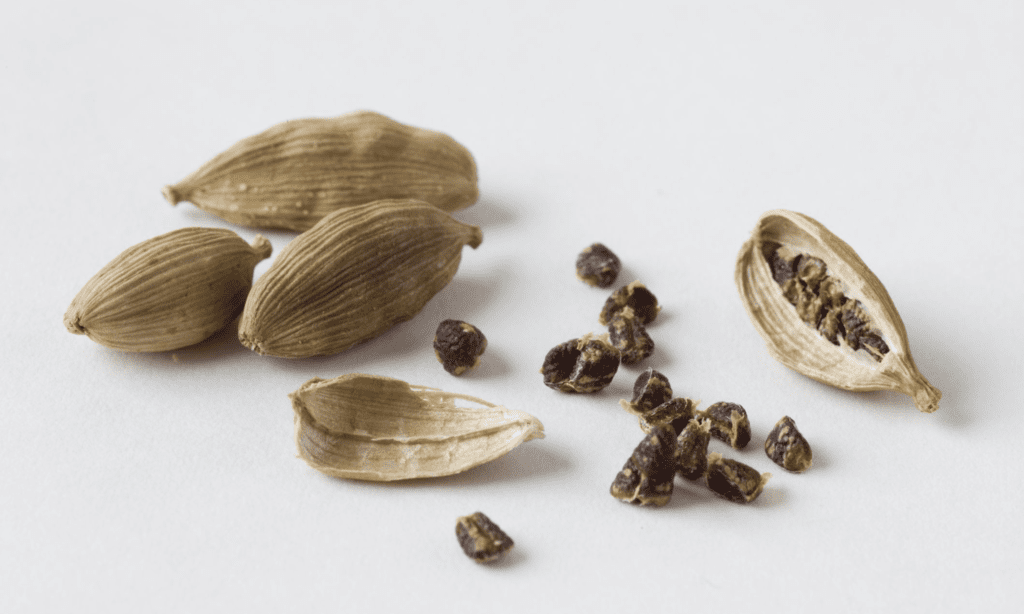
CARDAMOM: THE SPICE THAT HEALS
WHAT IS THE HISTORY OF CARDAMOM?
Cardamom is a spice that has been used for thousands of years in various cultures and cuisines. The history of cardamom can be traced back to ancient civilizations in the East, where it was used for both culinary and medicinal purposes.
In ancient times, cardamom was used in traditional Ayurvedic medicine in India to treat a variety of ailments, including digestive problems, respiratory issues, and bad breath. It was also used as a flavoring for foods and beverages, such as spiced teas, curries, and sweets.
Cardamom spread to other parts of the world through trade and commerce. It was widely used in the Middle East, where it was a key ingredient in traditional spice blends and sweets. Cardamom also made its way to Europe during the medieval period, where it was used in dishes such as meat stews, breads, and desserts.
Today, cardamom remains a popular spice in many parts of the world, especially in India, where it is widely used in cooking and as a flavoring for traditional beverages such as chai tea. It is also used in a variety of other cuisines, including Scandinavian, Middle Eastern, and Latin American.
WHAT IS THE IMPORTANCE OF CARDAMOM IN AYURVEDA?
In Ayurveda, a traditional system of medicine that originated in India, cardamom is considered to have numerous health benefits and is used in various forms for various purposes. Some of the most important uses of cardamom in Ayurveda include:
- Digestive aid: Cardamom is considered to be a digestive stimulant in Ayurveda and is used to improve digestion, relieve bloating and gas, and improve appetite.
- Respiratory support: Cardamom is used in Ayurveda to soothe respiratory problems such as coughs, bronchitis, and asthma.
- Antioxidant: Cardamom is considered to be a rich source of antioxidants, which protect the body against oxidative stress and prevent damage to cells.
- Anti-inflammatory: Cardamom is considered to have anti-inflammatory properties, making it useful in treating various inflammatory conditions, such as joint pain and swelling.
- Mental clarity: Cardamom is considered to have a calming and uplifting effect on the mind and is used to improve focus and concentration.
- Detoxification: Cardamom is used in Ayurveda as a natural detoxifier and is considered to help flush out toxins from the body.
WHAT NUTRIENTS ARE IN CARDAMOM?
Some of the key nutrients found in cardamom include:
- Fiber: Cardamom is a good source of dietary fiber, which helps to promote healthy digestion and prevent constipation.
- Vitamins: Cardamom is a good source of vitamins C and B6, which help support the immune system, reduce inflammation, and promote healthy skin and eyes.
- Minerals: Cardamom is rich in minerals such as iron, magnesium, manganese, and potassium, which are essential for maintaining strong bones, regulating blood pressure, and supporting nerve and muscle function.
- Antioxidants: Cardamom is a good source of antioxidants, which can help protect the body against oxidative stress and free radicals.
- Essential Oils: Cardamom is also rich in essential oils, such as eucalyptol, which have antibacterial and anti-inflammatory properties.
WHAT IS THE DAILY VALUE OF NUTRITION IN CARDAMOM?
A 100-gram serving of cardamom contains:
- 15% of the daily value (DV) of Manganese
- 7% of the DV of Iron
- 4% of the DV of Vitamin C
Additionally, cardamom contains small amounts of other essential vitamins and minerals, such as potassium, calcium, and magnesium.
WHAT ARE THE BENEFITS OF CARDAMOM?
Some of the key benefits of cardamom include:
- Digestive health: Cardamom has carminative properties that can help to relieve digestive problems such as bloating, gas, and indigestion.
- Anti-inflammatory: Cardamom has anti-inflammatory properties that can help to reduce inflammation in the body, which can help to reduce the risk of chronic diseases.
- Antioxidant: Cardamom is a good source of antioxidants, which can help to protect the body against oxidative stress and free radicals, which can damage cells and contribute to the development of chronic diseases.
- Blood pressure regulation: Cardamom is rich in potassium, a mineral that can help to regulate blood pressure and reduce the risk of hypertension.
- Antibacterial: Cardamom has antibacterial properties that can help to fight against harmful bacteria, which can help to reduce the risk of infections and improve oral health.
- Immune system support: Cardamom is a good source of vitamins C and B6, which can help to support the immune system, reduce inflammation, and promote healthy skin and eyes.
HOW DO I CONSUME CARDAMOM?
Cardamom is a versatile spice that can be consumed in several ways:
- Cooking: Cardamom can be used to add flavor and aroma to a variety of dishes, including curries, stews, soups, and baked goods.
- Tea: Cardamom can be added to tea, either as whole pods or ground, to create a flavorful and aromatic beverage.
- Smoothies: Cardamom can be added to smoothies to enhance the flavor and add a touch of natural sweetness.
- Spiced milk: Cardamom can be added to milk to create a warm, comforting, and flavorful drink, especially in Indian and Middle Eastern cuisines.
- Seasonings: Cardamom can be used to create a variety of seasonings and spice blends, such as garam masala, to enhance the flavor of dishes.
- Desserts: Cardamom can be used in sweet dishes, such as cakes, cookies, and puddings, to add a unique flavor and aroma
HOW MUCH CARDAMOM DO I CONSUME DAILY?
The recommended daily intake of cardamom varies depending on factors such as age, gender, and overall health. However, as a general guideline, it is safe to consume up to 3 grams of cardamom per day as a spice or seasoning.
Note: We are a small business so we used a cheat code (ChatGPT, phew, technology has come far!) to help me write this blog post. I double-checked the information contained within this post to ensure accuracy.
